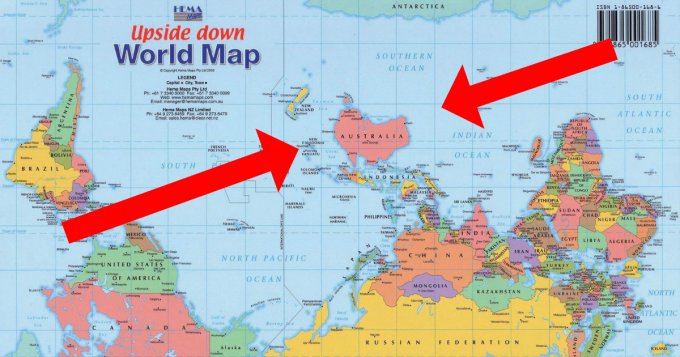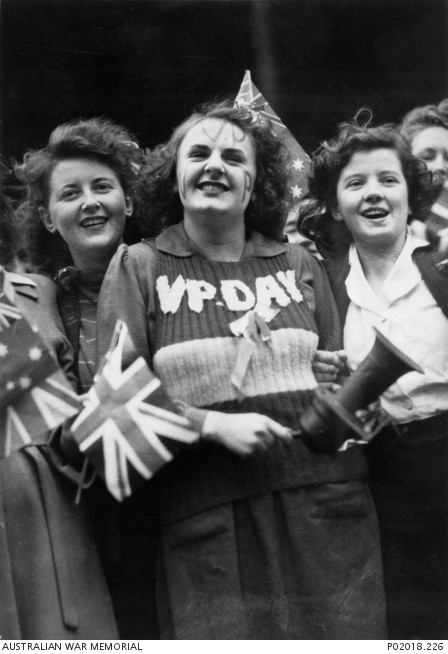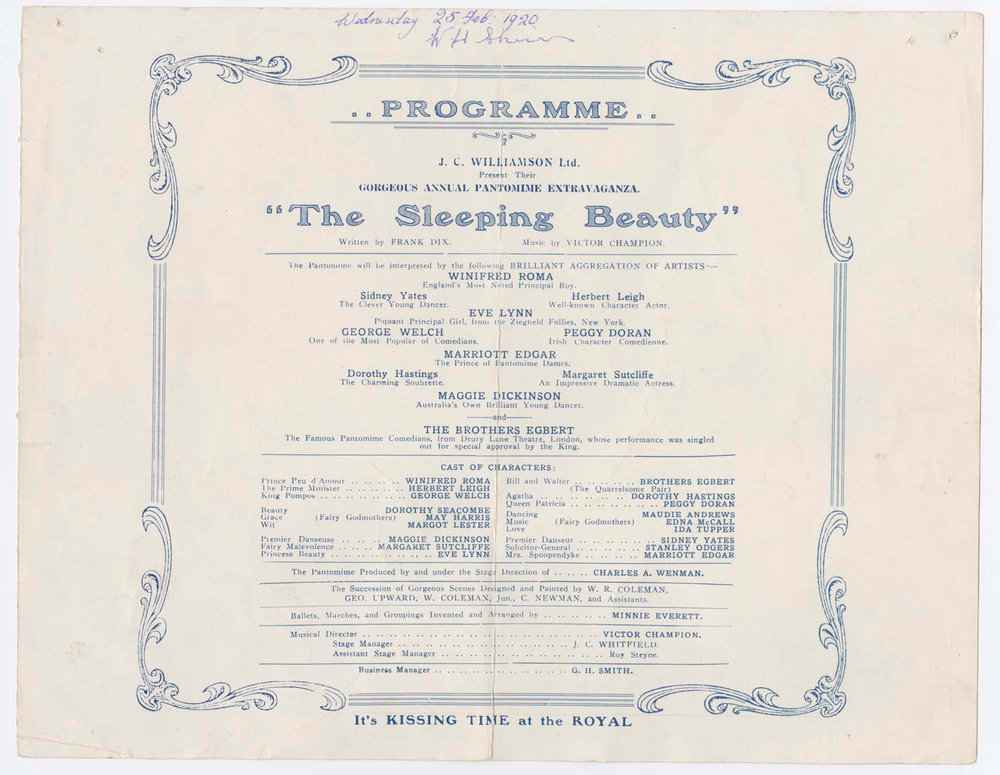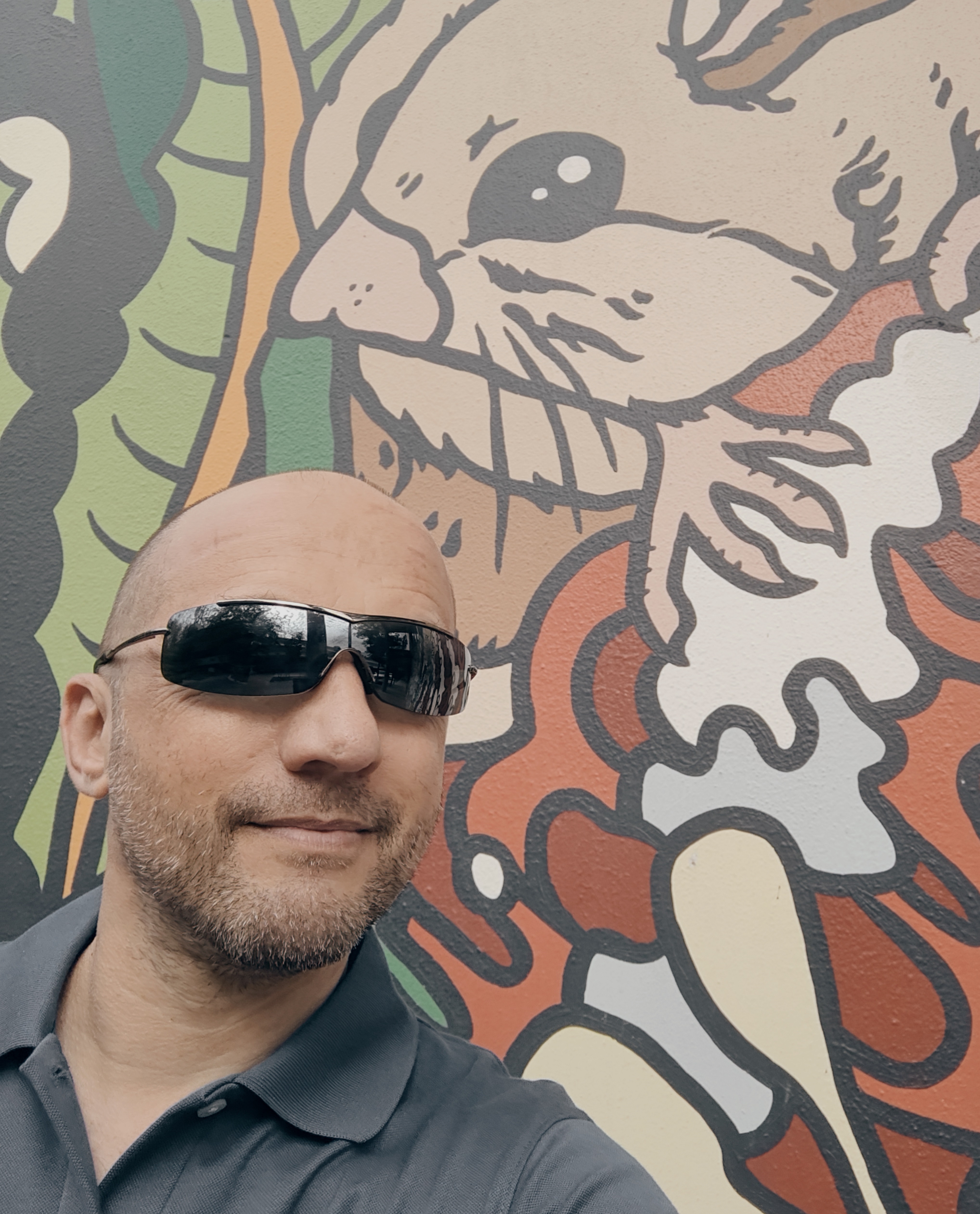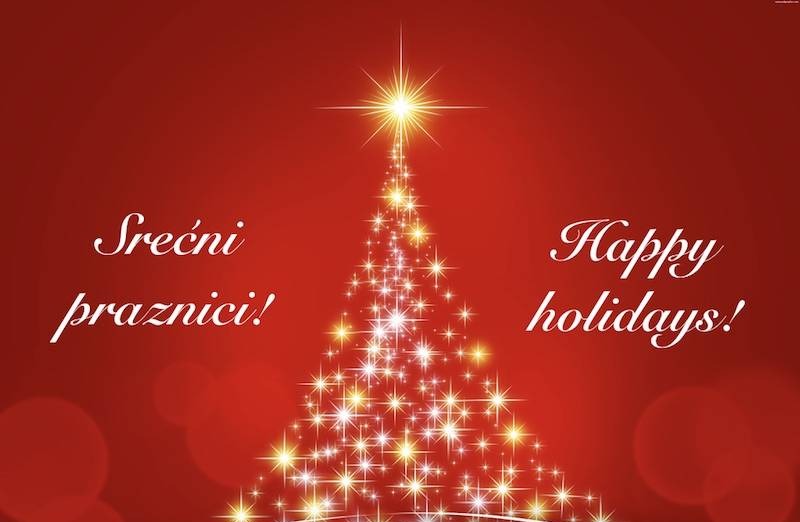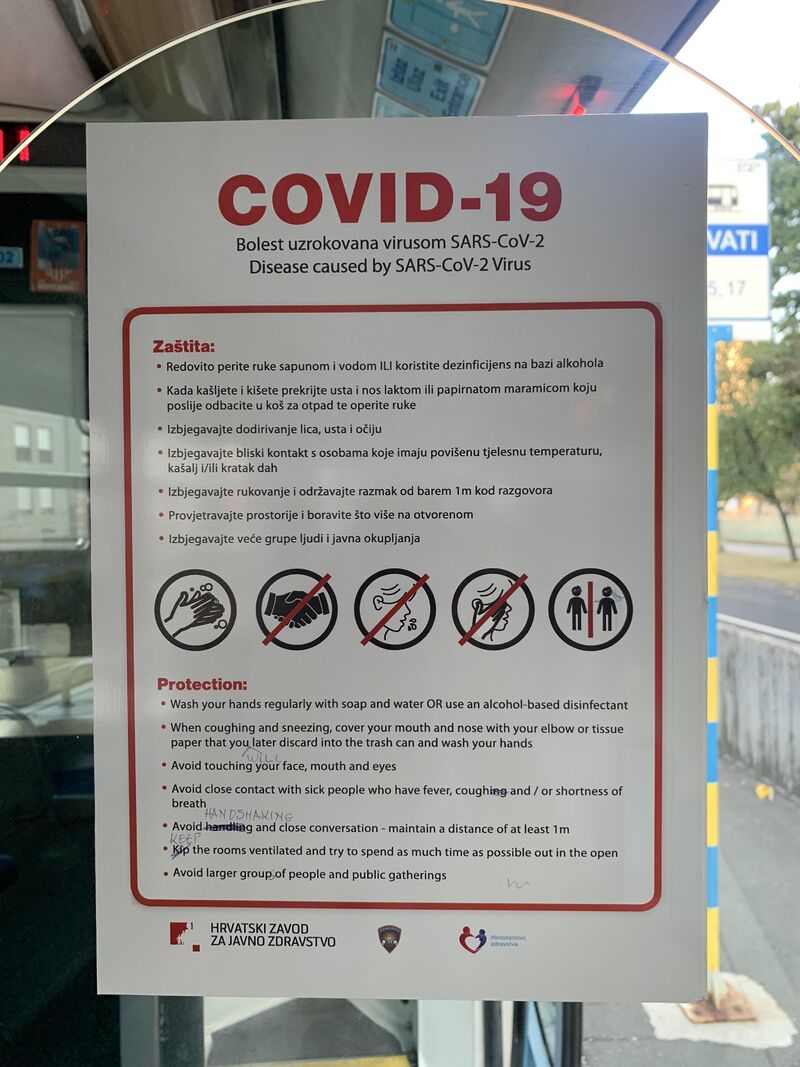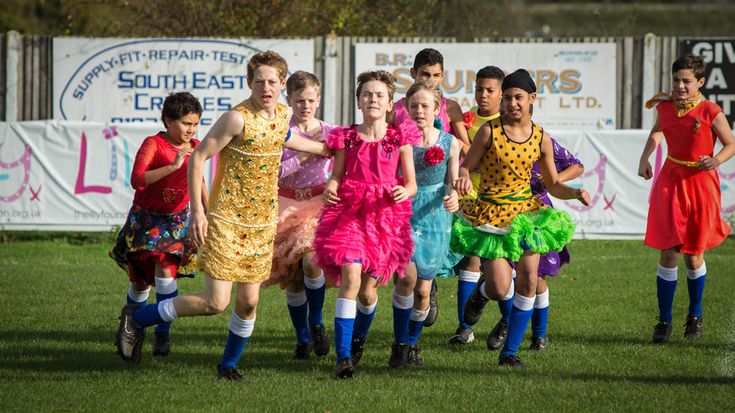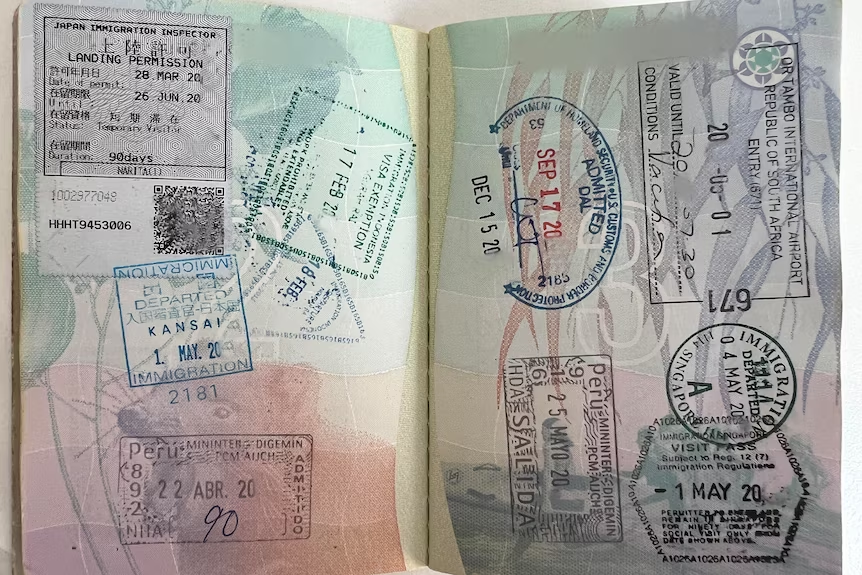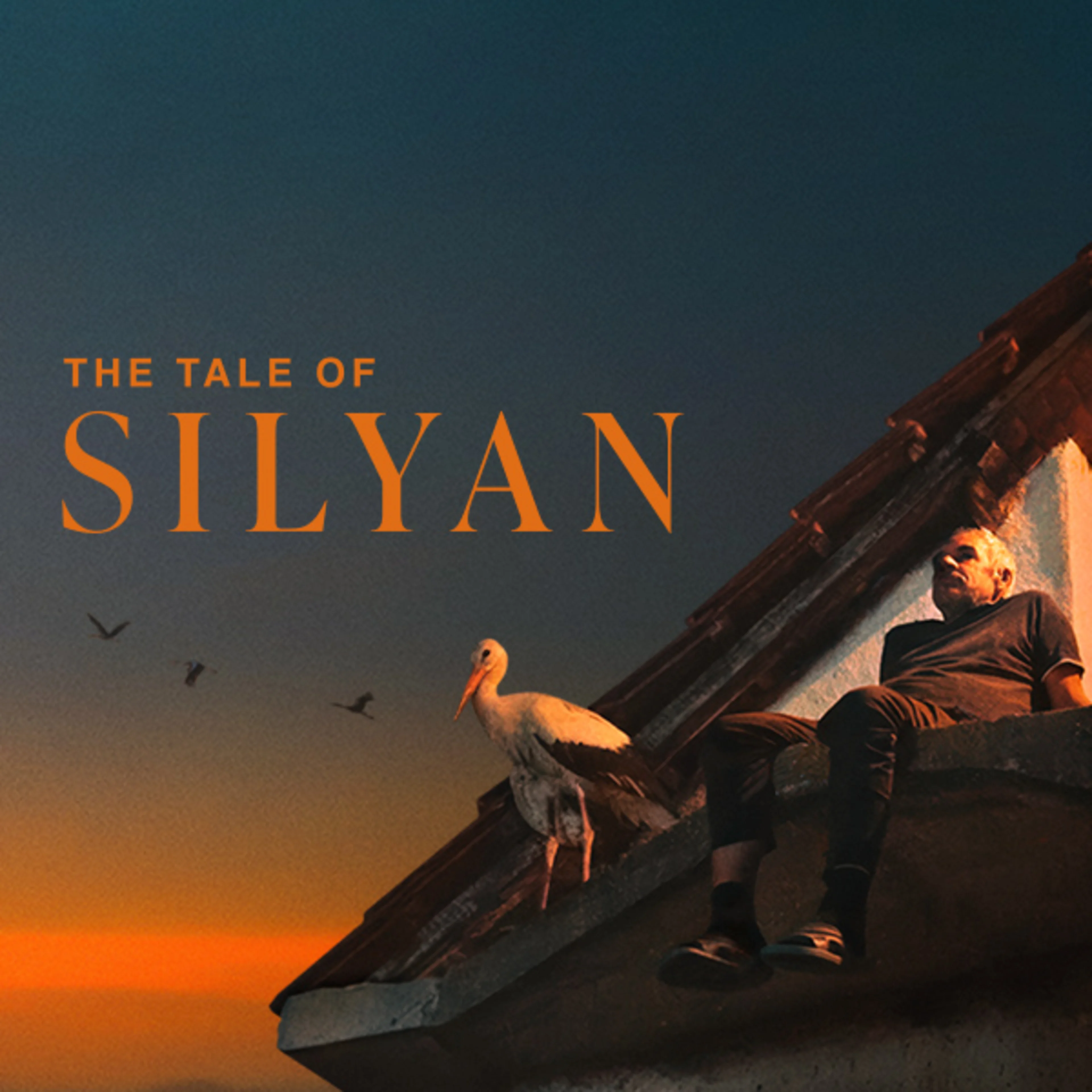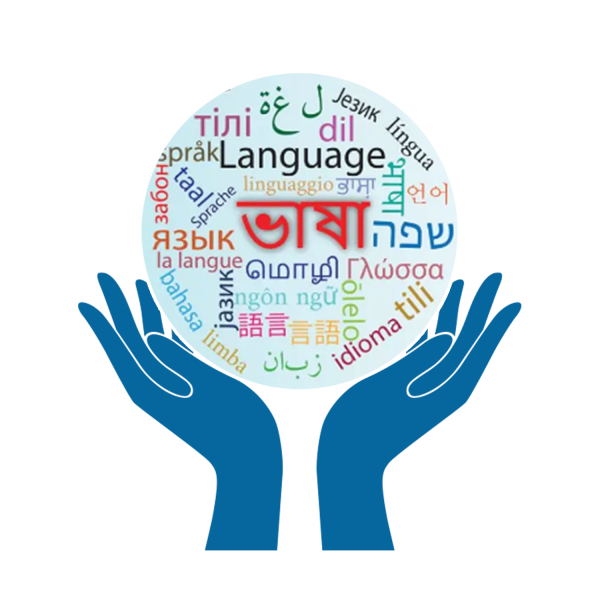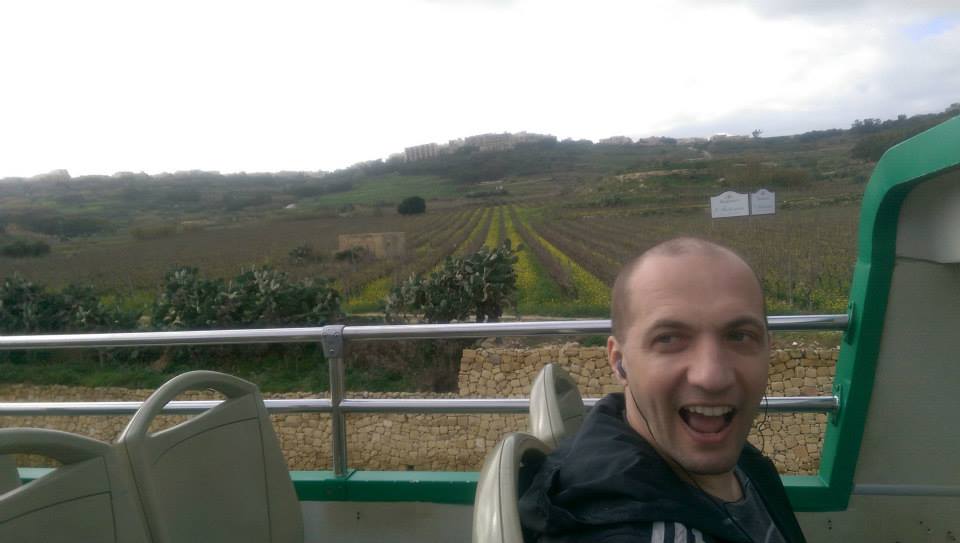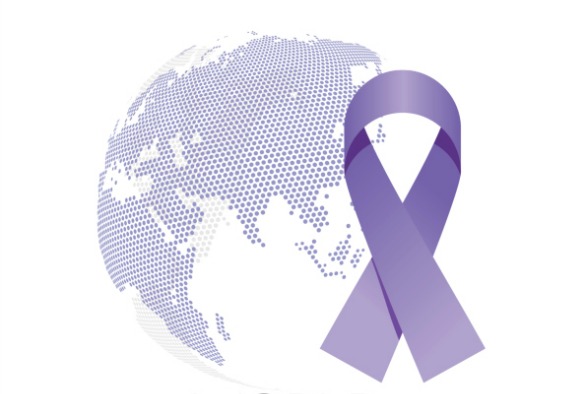This is not your usual story. It’s how a song had the most extraordinary story from near-obscurity to become an ultra-right-wing rallying call. Along the way it crossed seas and borders, its lyrics and music partly stayed the same, partly changed completely, but all serving different agendas, all the while little to no acknowledgement is given to the person who put notes to paper and composed the original.
Let’s start from this song’s latest version. In 2022, this video clip below came out in Bulgaria. The song appeals to Bulgarians never to be ashamed to be Bulgarians – a noble move. However, it’d be light to describe the imagery employed in the clip simply as “controversial”…
The singer is then new Bulgarian pop-folk singer Danna, and fitting with the underlying nationalist sentiment present in Bulgaria, the video for her song Vseki da ya znae (“May Everyone Know of It”, with the “it” being “Bulgaria”) is full of the usual uber-nationalist-bordering-fascist images – wolves (an animal very much associated with ultra-right-wing groups), torchlight parades, a burning cross, a woman dressed in white, signifying the nation (invariably female) full of purity and chastity, and with the colours of the Bulgarian tricolour as her dress, the only distinctly Bulgarian feature in the clip. Replace that with your flag of choice and you have the template ultranationalists in any other European country could very easily use.
What makes this all the more problematic though is Bulgaria’s WWII history, when until September 1944 the country was a staunch ally of Nazi Germany. However, unlike in many other parts of Europe where having been an ally of the Nazis is something to be ashamed of it, many (but not all) Bulgarians have no shame of this dark period of the country’s history. WWII war heroes are publicly lauded, particularly fighter pilots, and Tsar Boris III, Bulgaria’s king at the time and nicknamed “Tsar obedinitel” (The unifying emperor”) is a national hero who even has main streets named after him. The justification for this is the superficial notion that, unlike most of Europe, especially for a Nazi ally, Bulgaria “saved” its Jews. A remarkable and high honourable achievement, nonetheless, especially when compared to other Nazi-allied countries, and one that Bulgaria’s Jewish population and their descendants have been rightfully thankful for, but one that unfortunately does not provide the full picture. WWII Bulgaria fully applied Nazi Germany’s Nuremburg racial laws and enthusiastically rounded up and sent off the Jews living in Macedonia, Aegean Thrace and southern Serbia — areas Bulgaria occupied during WWII. With this in mind, Bulgaria’s peak Jewish body now prefers to describe it not as a “salvation”, which implies intent, but more accurately that Bulgaria simply “didn’t send the Bulgarian Jews” to be slaughtered in the Holocaust, inferring that had the circumstances been different, i.e. had the Red Army not reached Bulgaria by September 1944, the fate of Bulgaria’s Jewish population would have been radically different (refer to WWII Hungary for that). These incriminating details, however, are conveniently left out of the general Bulgarian discourse about WWII – “saving” the Jews is reason enough to exonerate WWII Bulgaria of any wrongdoing. The result – there is then relatively little guilt, shame or alarm in Bulgaria for outward fascistic displays such as that in Danna’s clip, especially on a historic basis.
But what is this song about that Danna is singing, appealing to Bulgarians not to be ashamed?
Well, let’s look at the lyrics…
Къде и да одиш, къде и да шеташ, не се срами, не се плаши, българин да си.
- Wherever you go, wherever you wander, don’t be ashamed, don’t be scared to be a Bulgarian
Една вяра имаме, един живот живееме, България цяла да е, всеки да я знае.
- We have one faith, we have one life, may Bulgaria be whole, may everyone know of it (Bulgaria).
Ние не сме други, руснаци и американци, чеда сме на Аспаруха, гордост най-българска.
- We’re not anything else, Russians or Americans, we are the descendants of Asparuh, the greatest Bulgarian pride
Now let’s go through the meaning behind these lyrics…
First of all, part of the lyrics are not in standard Bulgarian but partly in Macedonian — “одиш”, for instance, is Macedonian for “you go” (it’s “отиваш” or “вървиш” in standard Bulgarian). Same goes for “шеташ” (“you wander”), which is Macedonian, whereas in standard Bulgarian it’s “разходиш”.
The “one faith” can imply either a shared belief in a “unified” Bulgaria, but considering the imagery in the clip (that burning cross), this more insists that Bulgarians may only be Orthodox Christians. That’s deliberate despite 10% of ethnic Bulgarians being Muslims, and in turn excludes any Bulgarian who’s Catholic, Protestant or, for that matter, Jewish. This element that Bulgarians can only be of the one faith is hardly unique to them; the Serbs, the Greeks, the Romanians, the Croats, the Turks… share the same sentiment – it’s part and parcel of the notion of a “state religion”. Bulgaria also has a dubious record of having applied this, with the concept that Bulgarians = Orthodox Christians so embedded that even the ostensibly atheistic communist leadership under Todor Zhivkov violently forced Bulgaria’s Muslim minorities to change their names to “Bulgarian” (i.e. Orthodox Christian) ones.
“May Bulgaria be whole” refers to the Bulgarian nationalist dream of reclaiming “lost Bulgarian lands”, particularly those same areas that Bulgaria occupied during WWII — Macedonia, Aegean Thrace and what is now southern and eastern Serbia. The use of random Macedonian words in the lyrics is also a nod to those “lost” lands. Now imagine if a contemporary German pop song called for Germany to reclaim its lands lost after WWII – yes, that would be scary, but that’s pretty much the same happening here with this Bulgarian song.
But curiously, there’s a line about Bulgarians not being “Russians or Americans”. I mean, this is obvious, but this gives the song a more contemporary, anti-globalist, “sovereign” line rejecting the two main superpowers and advocating greater national independence. Claiming the Bulgarians are the descendants of Asparuh, the Bulgar khan credited for founding the first Bulgarian khanate in southeast Europe in 681 AD, is a source of pride emphasising the Bulgarians as a nation that has existed for much longer than the titular nations of the named superpowers — So there [sticks tongue out]!
So it’s clear that Danna and her clip has gone for a heavy ultra-right-wing angle. This must have then been written by some extreme Bulgarian nationalist?
Well, not exactly. This is just the latest iteration of a song that has been around for some time. Some will claim that this song is based on an old folk song… but that’s simply not true.
Before Danna got a hold of this song, one of Bulgaria’s biggest singing stars of all time, Gloria, released a version of this song in 2010. Here’s the clip (with more than 3.5 million views to boot)…
Bulgarian folk costumes, flag kissing, the usual patriotic posturing – the standard, if very predictable and clichéd, fare for such a song.
Kanarite (“The Canaries”), one of Bulgaria’s longest standing wedding bands from Bulgarian Thrace, provides the music here to give the song a more respectable “authentic folk” sound (to use the often paradoxical Bulgarian term for this genre).
But the lyrics are a bit different from Danna’s more recent version:
Къде и да одиш, Къде и да шеташ, Не се срами, не се плаши, Българин да си
- Wherever you go, wherever you wander, don’t be ashamed, don’t be scared to be a Bulgarian.
Една вера имаме, Един живот живееме, България цела да е, Секой да я знае
- We have one faith, we live one life, may Bulgaria be whole, may everyone know of it (Bulgaria).
Ако някой рече България е мала, Има още осум дела, За да биде цела
- If anyone says that Bulgaria is small, it still has eight parts in order to be whole.
Ние не сме гърци, oсманци, ни сърби, Чеда сме на Аспаруха, Гордост най-българска.
- We’re not Greeks, Ottomans nor Serbs. We’re the descendants of Asparuh, the greatest Bulgarian pride.
Yeah, a bit different. There’s a third verse, for starters, pointing out that Bulgarians are not Greeks, “Ottomans” (a rather curious inclusion, seeing that it’s not an ethnic grouping of such) or Serbs. The grounds to make such a point comes from Balkan ethnic politics in the 19th century. When the ethnic nations that now make up the Balkans actually appeared in their modern formats, and given that the notion of a modern Bulgarian nation appeared later, the earlier established Greek and Serb nations and their proponents battled for the hearts and minds of the people who later became Bulgars to be at first Serbs or Greeks. It was actually common at the time for people in the Balkans to change national allegiance regularly, often based on what was most economically feasible… or if their life depended on it. With a Bulgarian nation firmly in existence now for over a century and a half, this line is somewhat anachronistic these days.
We also see that Bulgaria has “eight parts” to it to be whole. Those parts are shown in the map below and cover areas now in Serbia, Macedonia, Albania, Greece, Türkiye and Romania. As this map claims, these “Bulgarian national lands populated by Bulgarians” were “annexed” by Bulgaria’s neighbours in the period 1830–1919.
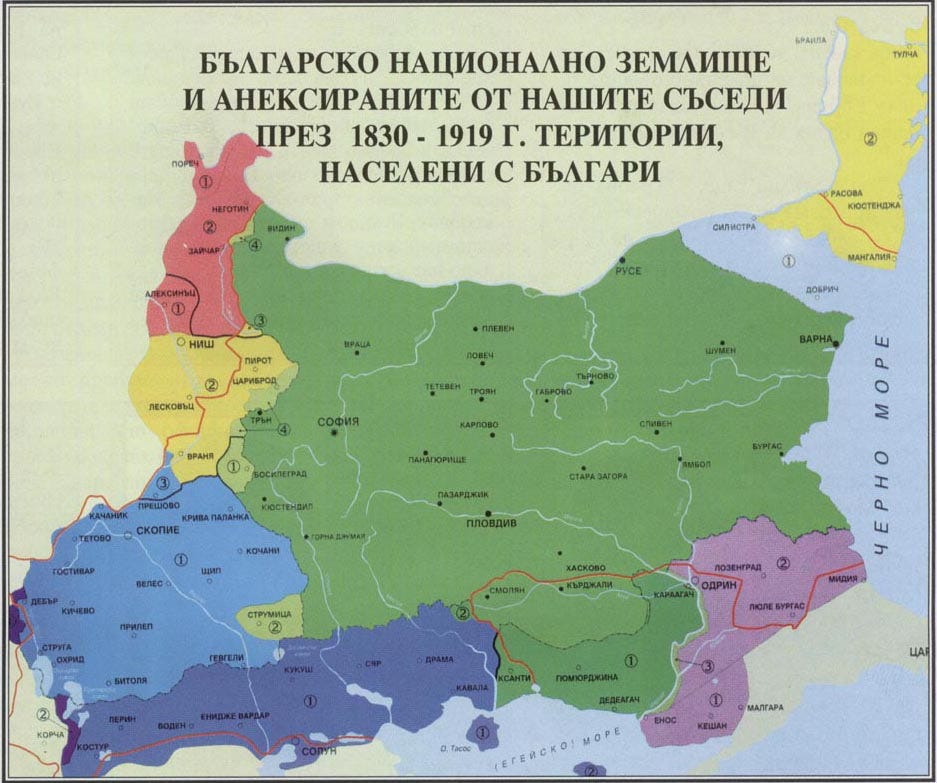
What is one of the most prominent aspects of these lyrics though is that they’re overwhelmingly in Macedonian. Actually, the only uniquely standard Bulgarian word in these lyrics (standard Bulgarian being based on the Veliko Tarnovo dialect of northeast Bulgaria, far away from Macedonia) is “някой” (“anyone”) . The explanation for this is this song, so it seems, is an “old Bulgarian folk song” from Macedonia. A folk song, of course, being a song that no-one knows who wrote its lyrics or composed its music.
A YouTube search will show plenty of Bulgarian singers with clips singing this song, giving the semblance that it’s part of the canon of Bulgarian folk songs of the past. However, the earliest recording of this Bulgarian song that can be found is one from the organisation Site Bulgari Zaedno (All Bulgarians Together), a nationalist group that particularly claims Macedonia and its folk culture as Bulgarian. This “folk song”, with the same lyrics as Gloria’s version, first appeared on one of their cassettes with a collection of “Bulgarianised” Macedonian folk songs in 1999. Many of these songs do fit the true definition of a folk song and are, as expected, widely sung and recorded in their home territory of neighbouring Macedonia, though often the lyrics in their Macedonian and Bulgarian versions differ. Bulgarian versions of Macedonian songs are often in a curious, linguistically non-existent dialect straddling Macedonian and standard Bulgarian. As mentioned before, standard Bulgarian is based on Slavic dialects spoken in northeast Bulgaria far from Macedonia, so the authenticity of these lyrics of Macedonian songs in Bulgaria are compromised with linguistic elements and words never used in Macedonia. It’s like as if a North American folk song were to have Cockney rhyming slang forced into it.
While the song as per Gloria’s version has often been claimed to be a folk song with no known author, occasionally Ivan Andonov, the performer of this 1999 version of the song, has been credited with this role in some consequent Bulgarian recordings.
If the song is not then a folk song per se, though presented as one to fit the agenda that “Macedonia has always been Bulgarian”, then it must have come from somewhere else. And that’s truly is the case. A song with this music had actually been sung in Bulgaria before this 1999 version, just with rather different lyrics. As I was witness to on many occasions, wedding and café folk bands in the Pirin region of southwest Bulgaria, traditionally a part of the geographic region of Macedonia, would regularly sing this song, but with the following lyrics…
Каде и да одиш, каде и да шеташ, не се срами, не се плаши, Македонец да си.
- Wherever you go, wherever you wander, don’t be ashamed, don’t be scared to be a Macedonian.
Една мисла имаме, еден живот живееме, Македонија цела да е, секој да ја знае.
- We have one thought, we have one life, may Macedonia be whole, may everyone know of it (Macedonia).
Ако некој рече: „Македонија е мала“, има уште два-три дела, за да биде цела.
- If anyone says Macedonia is small, there are still two-three parts to make it whole.
Ние не сме Грци, Османци, ни Срби, чеда сме на Александар, гордост македонска.
- We are not Greeks, Ottomans or Serbs, we are descendants of Alexander (the Great), our Macedonian pride.
The song then was not a call to be a proud Bulgarian but a Macedonian, which makes more sense as the song has had Macedonian elements, and that in the past century Macedonians have been under greater pressure (far more than the Bulgarians) to assimilate into one of the larger Balkan ethno-states. Such a song being sung in the Pirin region of Bulgaria, though typical at the time, was a bold statement as it essentially promotes the notion of a distinct Macedonian national identity. Bulgaria’s early communist leaders, many of whom were of Macedonian origin (including Bulgaria’s first supreme leader, communist heavyweight Georgi Dimitrov), at first officially encouraged a separate Macedonian nation in the Pirin region. However, partly as a delayed consequence of the Tito-Stalin split of 1948, partly as Zhivkov’s tactic to shore waning public support for his form of Soviet-style communism by amping up Bulgarian nationalism, a major about-face occurred in the late 1950s – people in the region whose ID cards had stated they were “Macedonians” suddenly became “Bulgarians” once again. Since that time, anyone in the region publicly expressing a separate Macedonian identity has faced anything from official discrimination to long prison sentences in Bulgaria’s equivalent to the Gulag and forced relocation. Singing such a song then was, and still is, quite daring.
So was this then a folk song originating from Pirin?
No, it had a different source… the neighbouring Republic of Macedonia.
In 1995, the patriotic/nationalist Macedonian singer of the moment, Vojo Stojanovski, released a CD with the title track Edna misla imame, immediately becaming a hit in the Republic of Macedonia. With its message appealing to Macedonians not to succumb to assimilation, it was to become of his signature songs. Particularly of note is the instrumental sections with great emphasis on the zurla (elsewhere known as the zurna).
The bands in the Pirin region of Bulgaria were faithful to Stojanovski’s version of the lyrics except that they were the ones to add “Ottomans” for Stojanovski stated that the Macedonians are not “Bulgarians”. In light of Bulgaria’s current posturing towards the Macedonians in applying blocks on N. Macedonia’s path to even starting negotiations to join the European Union on Bulgaria’s denial of a separate Macedonian identity, history and language, Stojanovski’s insistence that Macedonians are not Bulgarians still hold true in terms of the point of view with Macedonians. However, had the Pirn bands sung that Macedonians are not Bulgarians, that no only would have been one step too far for the authorities there but it’s not a belief held these days by a majority in the Pirin region.
And the “two-three” parts of Macedonia to be whole? The two main other parts of Macedonia from a Republic of Macedonia perspective are Pirin Macedonia in Bulgaria and Aegean Macedonia in Greece, while the “third” part is Prespa Macedonia, a sliver of traditional ethnographic Macedonia found within the borders of Albania.
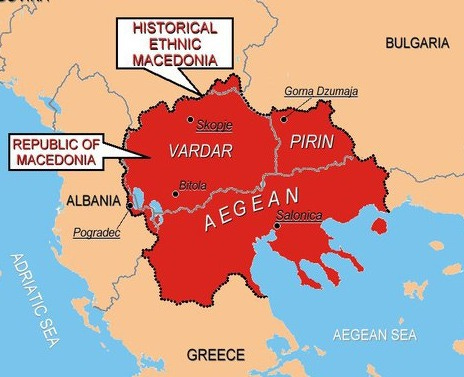
So is this the original then?
No, we’re still not there yet.
Even though it wasn’t stated on the original CD, where Vojo Stojanovski had been credited for the music and text, the song originated from outside of the Balkans. Over the seas we go to the large Macedonian community in Australia; Sydney to be precise.
May 1993, Sydney, Australia. A week after the largest annual festival of newly composed Macedonian folk-style songs had finished in Valandovo, a small town in the south of the Republic of Macedonia, all of the participating singers and musicians – an entourage of over 50 of Macedonia’s top performers, were transported to Sydney to “do Valandovo” in Sydney. 6000 Macedonians crowded into the concert hall at the then fancy Darling Harbour precinct in central Sydney for what was billed to be the first of an annual event (it was a one-off). Joining the stars from Macedonia that night on stage were some Australia-resident Macedonian singers and musicians. Most of these locals sang newly composed patriotic Macedonian songs, keeping in the buoyed spirit of the times in the early years of Macedonia’s post-Yugoslav independence. Amongst these performers was a group called VIS Pelister, named after the mountain that forms the backdrop to Macedonia’s second largest city, Bitola, and whose expats form the bulk of Sydney’s Macedonian population. The group presented their own song Cheda na Aleksandar (“Descendants of Alexander”). No guesses as to which Alexander they’re singing about here, as at the time, after decades of being downplayed by the Yugoslav authorities who preferred to emphasise the common Slavic roots of multi-ethnic Yugoslavia’s constituent nations, Macedonians at the time were reconnecting with their ancient past and legacy. With a very acoustic sound that made them present more amateur-ish than the other performers that night, they sang a song appealing Macedonians not to be ashamed of being Macedonian.
The song had first appeared in 1992 on a self-produced cassette recorded in a home studio. It wasn’t even the lead song on the cassette, so it was more filler than anything else…
Here are the original lyrics…
Каде и да одиш, каде и да шеташ, не се срами, не плаши, Македонец да си.
- Wherever you go, wherever you wander, don’t be ashamed, don’t be scared to be a Macedonian
Една мисла имаме, еден живот живееме, Македонија цела да е, секој ќе се плачи.
- We have one thought, we have one life, may Macedonia be whole, everyone will cry.
Ако некој ќе рече Македонија е мала, тој не може, тој не знае колку е страдала.
- If anyone says Macedonia is small, they’re incapable, they have no idea how much (Macedonia) has suffered
Ние не сме Грци, ние не сме Срби, чеда сме на Александар, гордост македонска.
- We are not Greeks, we are not Serbs, we are the descendants of Alexander, our Macedonian pride.
Quite different again. What we can see is Vojo Stojanovski kept the first verse, the original chorus had everyone “crying” instead of “knowing” and there’s no mention of how many parts of Macedonia here but a more reasonable notion that anyone who says that the country is small obviously has no idea how much Macedonia has suffered. Stojanovski also added that the Macedonians are not Bulgarians, not mentioned in the original, which is quite interesting considering the later trajectory of the song. This could be attributed to the fact that at the time the main threats to Macedonian identity were coming from Greece in its high-profile international campaign against Macedonia’s name, and from nationalist Serbs under Milošević fighting the wars in Bosnia and Herzegovina and Croatia, who also claim that Macedonians are actually “South Serbs”. The Bulgarians at the time were, best described, still shell-shocked from the trauma of the fall of communism and undergoing their own very agonising transition to be too bothered. On the contrary, relations between Bulgaria and Macedonia in the early 1990s were very cordial, particularly as in January 1992 Bulgaria was the first country to recognise Macedonia’s independence. This, plus the wounds of WWII still unhealed, Bulgaria was in no position to push any nationalist line. Actually, at the very end of 1993 Bulgaria even expelled Russian ultra-nationalist Vladimir Zhirinovsky, ostensibly for criticising then Bulgarian president Zhelyu Zhelev, but also on grounds that Zhirinovsky’s encouragement of Bulgaria to “reclaim” Macedonia was not welcoming, seeing that Bulgaria had tried to do that three times and each three times resulted in a massive defeat for Bulgaria.
But what’s this obsession of saying that Macedonia, and then Bulgaria, is not “small”? It’s best explained as a legacy of a greater lack of self-esteem and power politics where it’s the bigger the better – such as in the one-upmanship and boast politics involved in piggy-backing on to the grandeur and prowess of benefactor-protector nations. It’s also an indirect response to the sentiments expressed in one of the most notorious Serbian patriotic “folk” songs of the late 1980s, providing the soundtrack to the rise of Serbian nationalism fanned by Slobodan Milošević: Ko to kaže, ko to laže, Srbija je mala (“Whoever says Serbia is small is a liar”)
This song is basically a roll-call of the series of military victories the Serbs experienced: 1912 defeating the Turks; 1913 defeating the Bulgars; and 1918 defeating the Švabe (“the Krauts” i.e. Germans). Following this song, it seemed that no-one in the Balkans wanted to be known as “small”.
Being in Australia where laws are much better applied than in the Balkans, Vlado Gjorgjievski, the composer of the original song, did the right thing and slapped a copyright on the song, but who was to know that this song would end up eventually morphing into a Bulgarian neo-Nazi song? The melody is clearly not an age-old folk song, its author is known and has the copyright. However, for what I know, Gjorgjievski has never pursued the royalties for his work he is very much entitled to or tried to shut the later versions of the song down. For one, going through the courts would not be worth the anguish, especially as the Balkan music scene has always seen songs copied, reworked and reappropriated – Adela Peeva’s 2003 documentary Whose Song Is This brilliantly shows this. However, if you ask me, if there is anything that should be gained from this whole saga, it’s not that we may know what are the nationalist dream borders of a given country or what are their political agendas. While the sentiment that people from the Balkans should not be ashamed of their origins is one I support, though within reason and not to the detriment of others, that this song was the work, efforts and toil of humble musicians in Sydney, Australia is what everyone should know of.
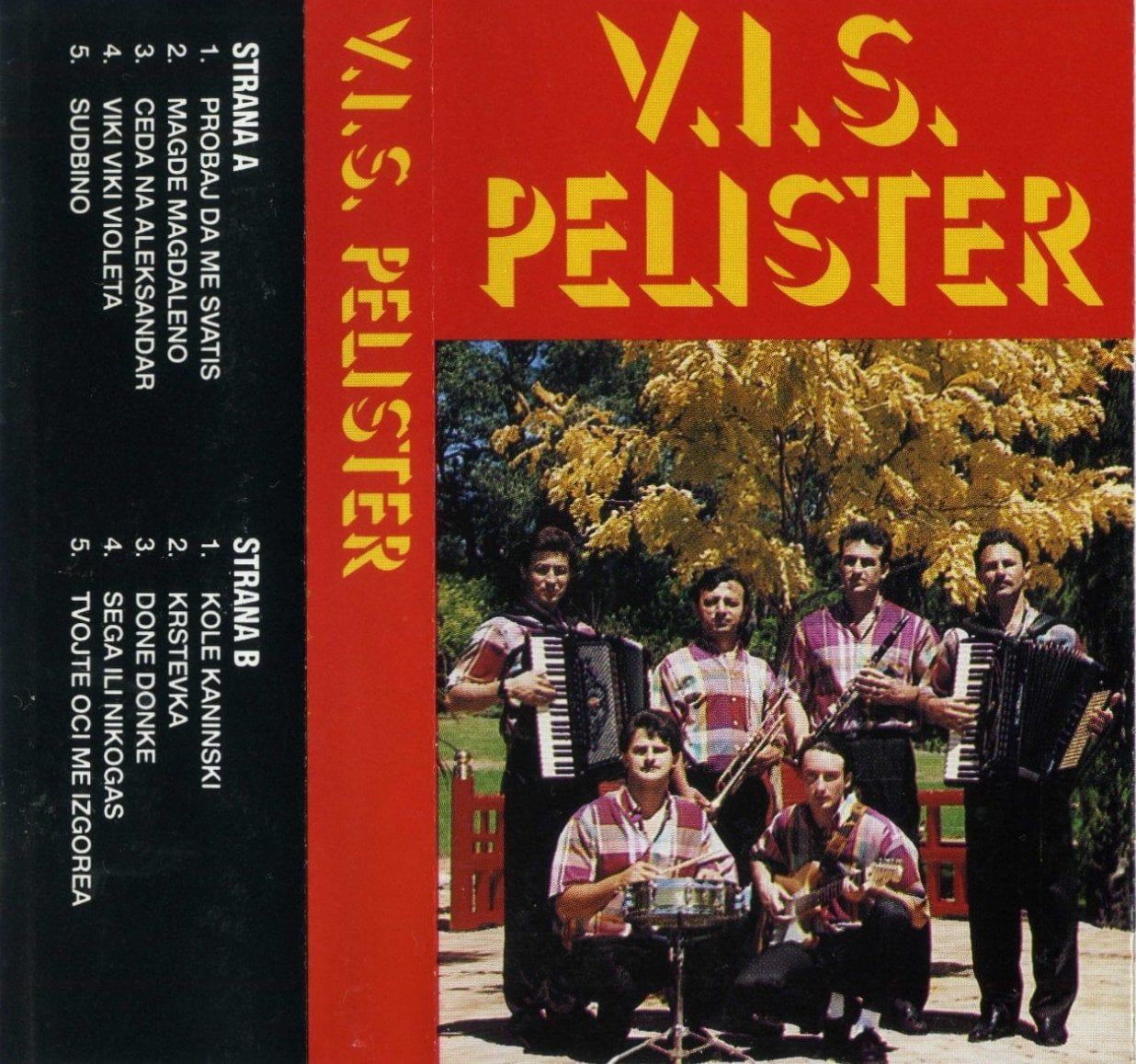


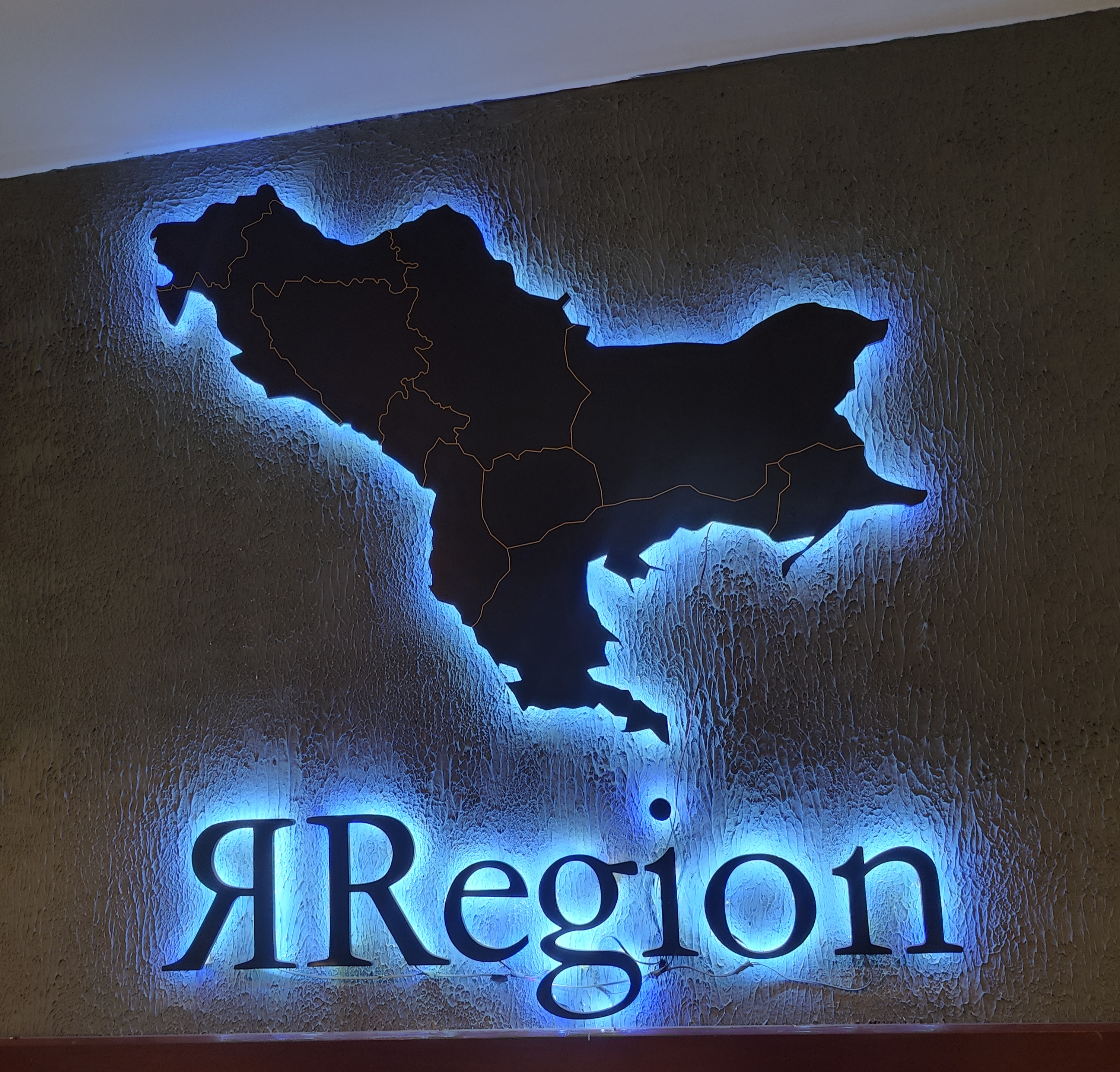
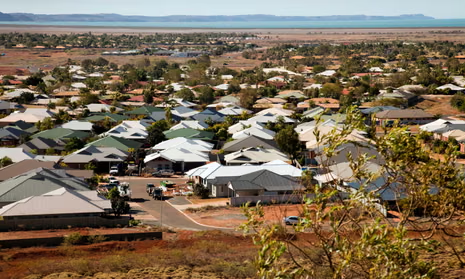
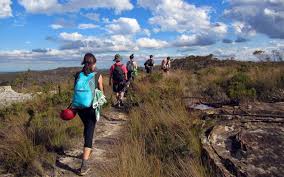

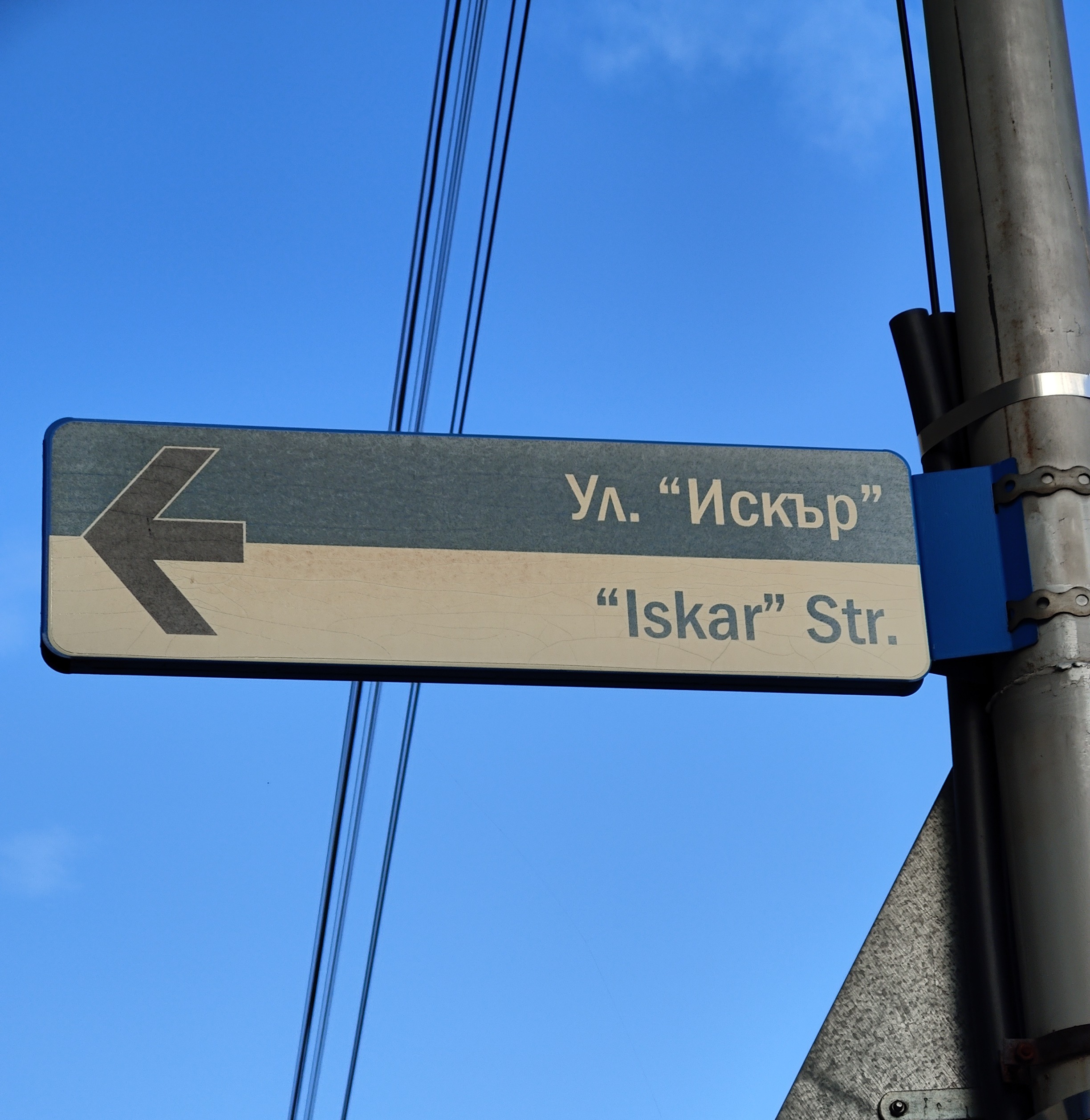

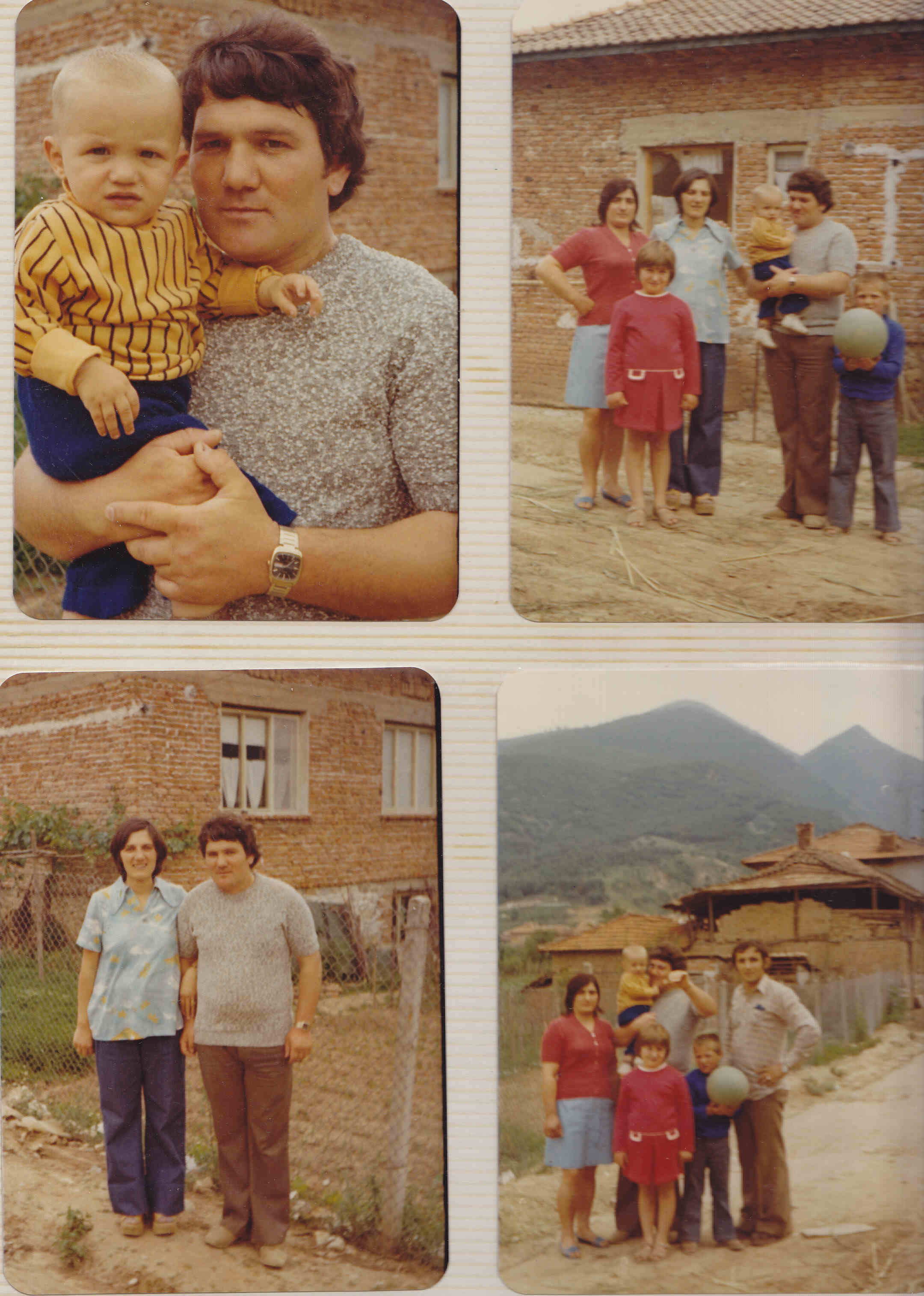
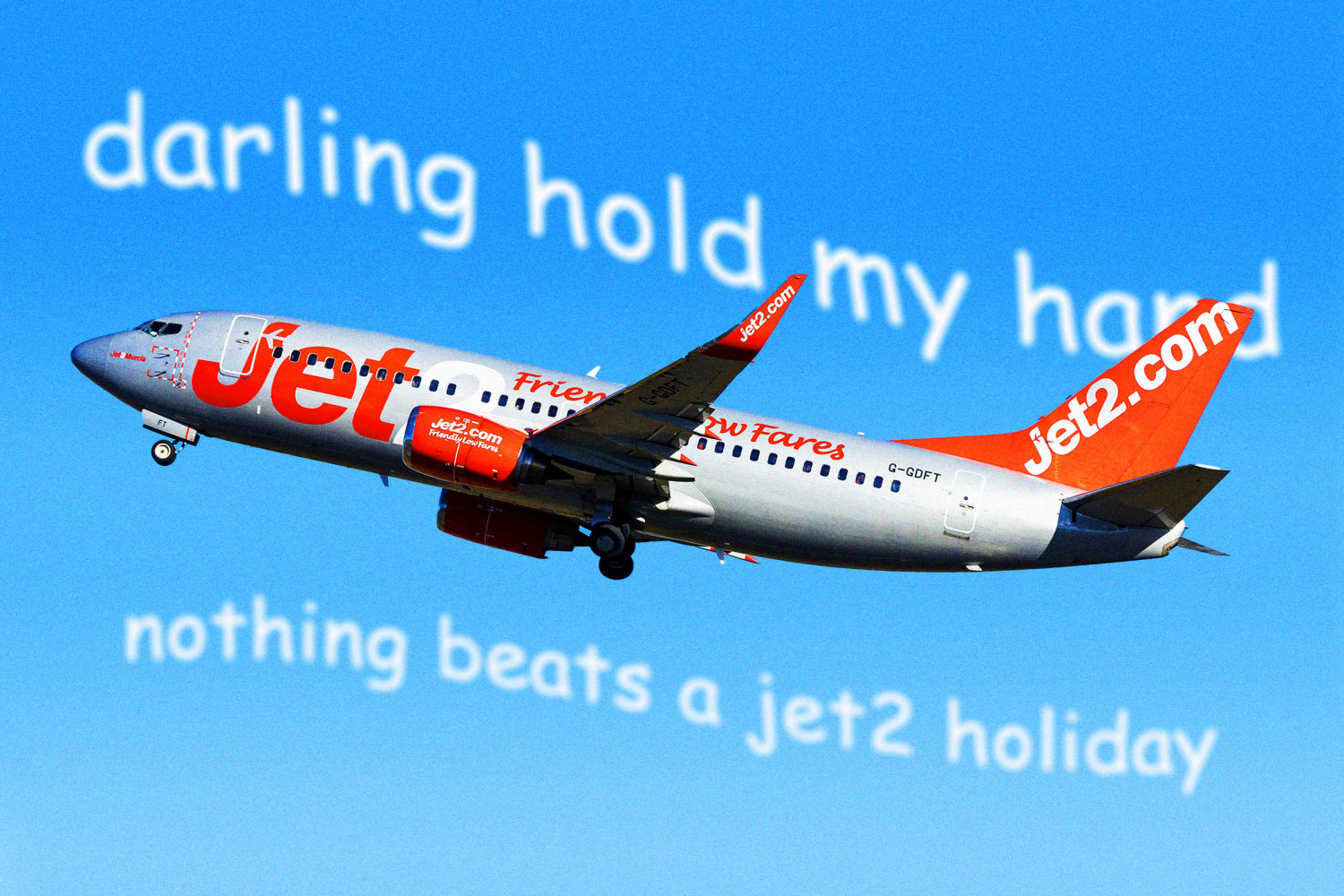




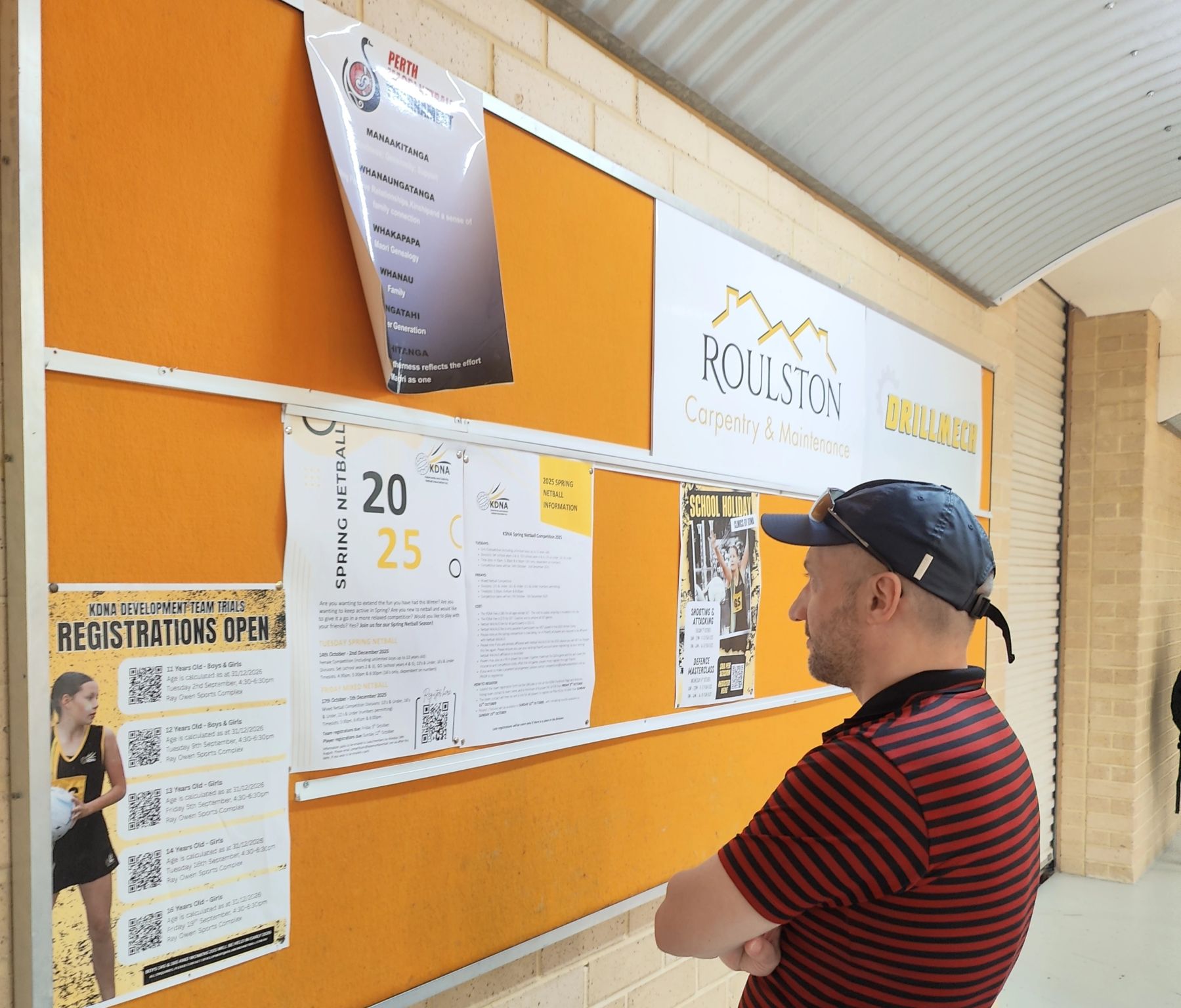



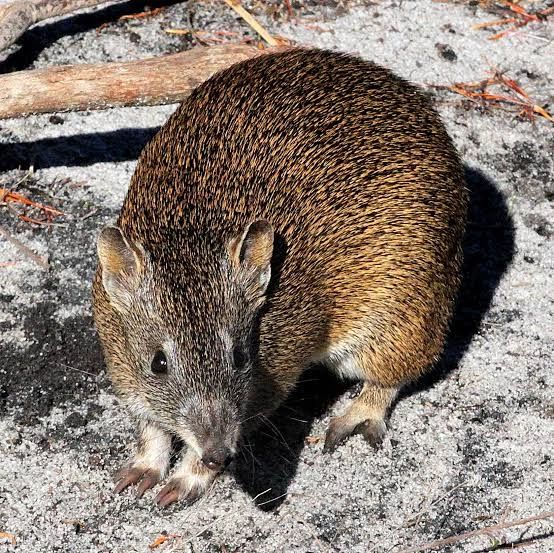

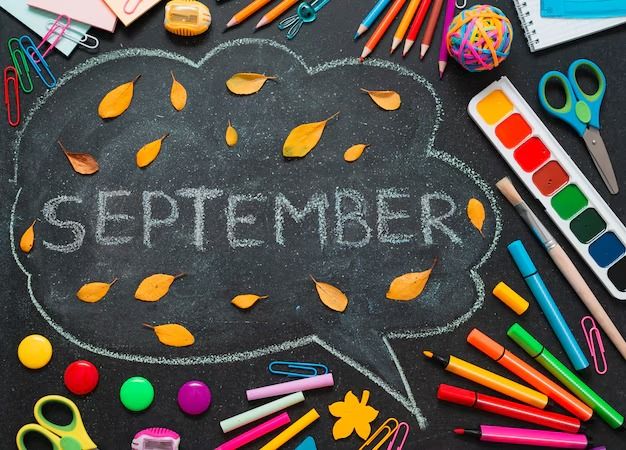
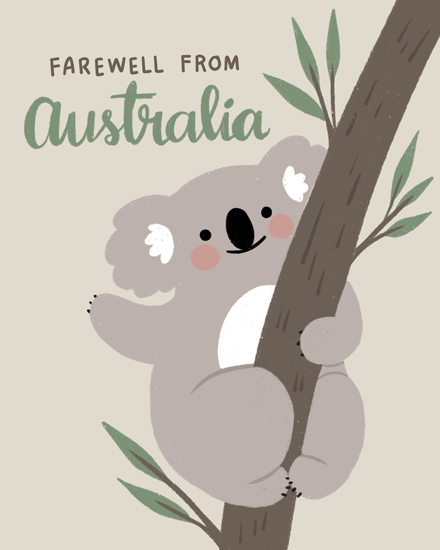







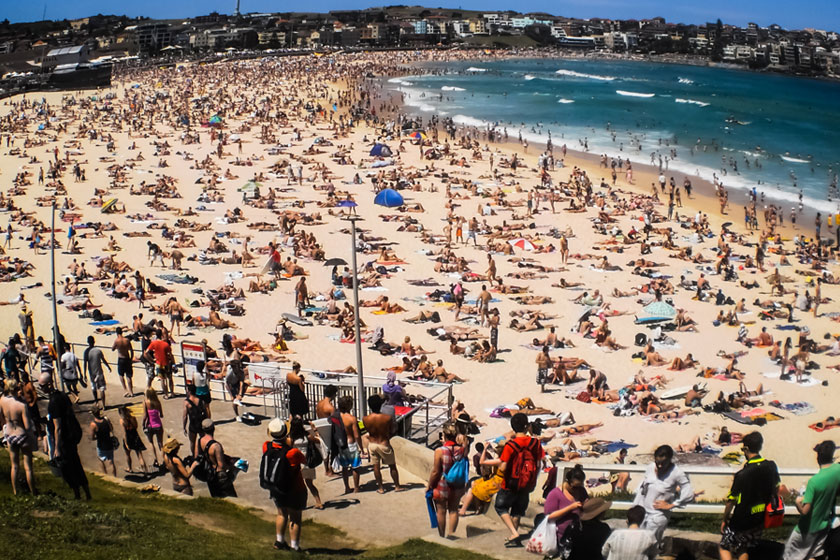


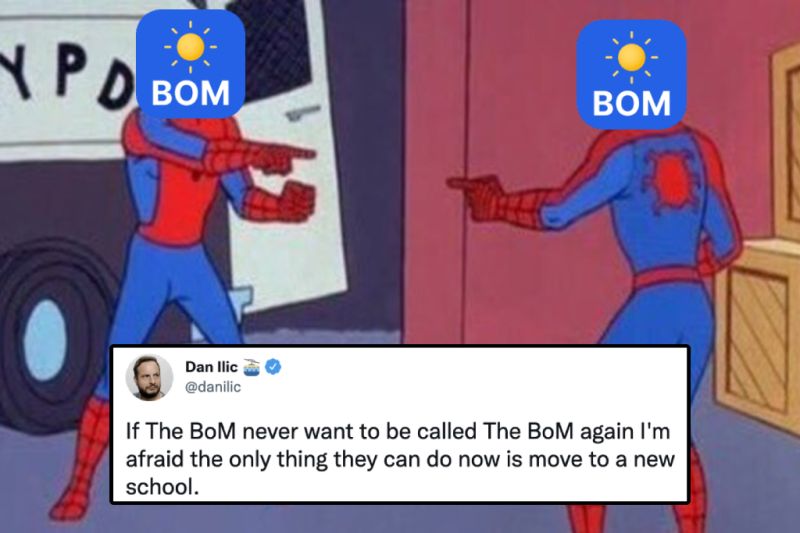
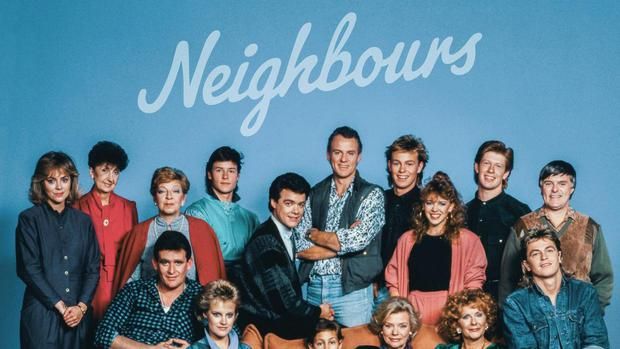




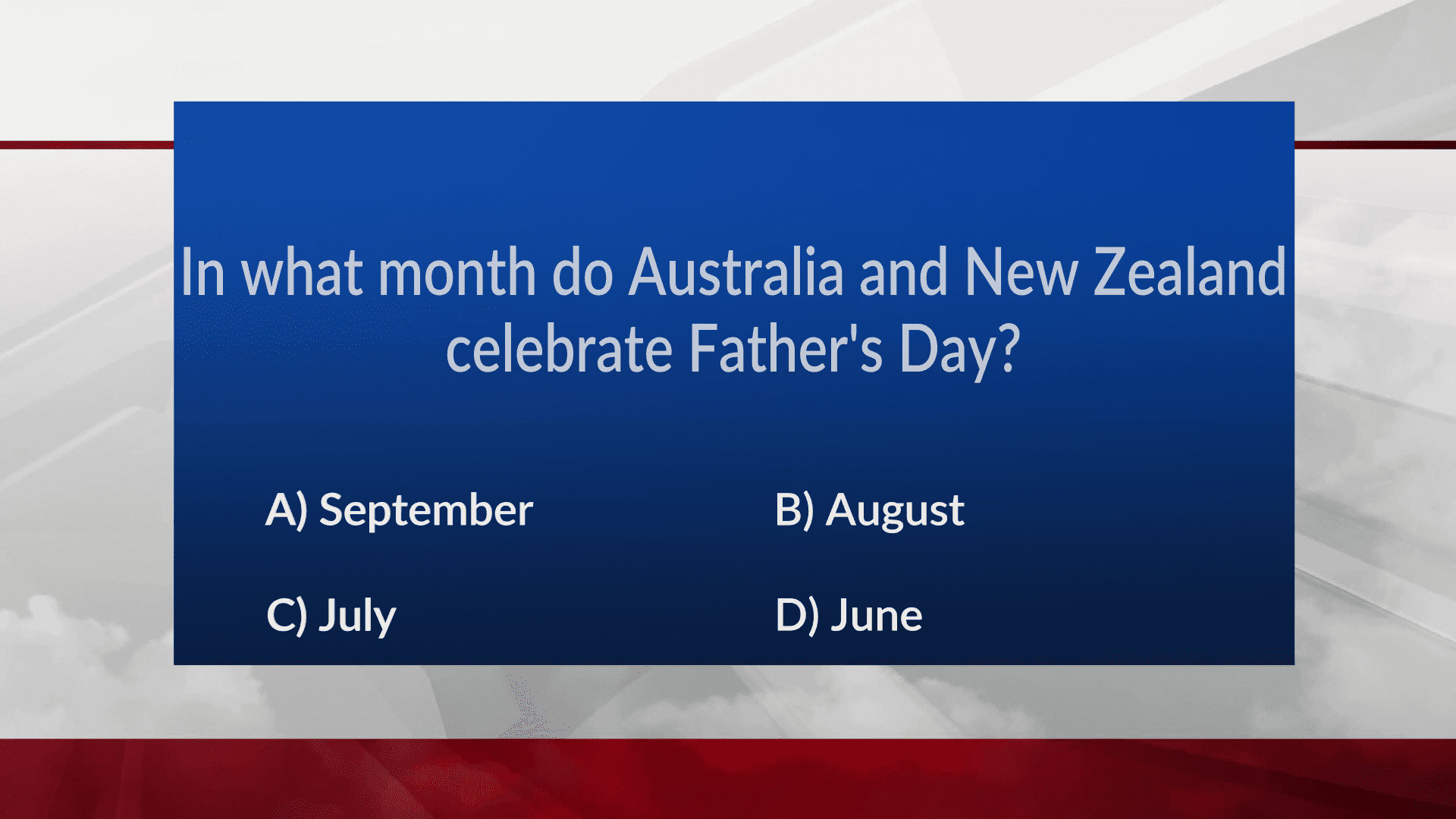





















































.%20A%20day%20of%20campaigning%20%E2%99%80%20%E2%80%A6%20or%20a%20day%20to%20buy%20flowers%20%F0%9F%92%90.jpg)
